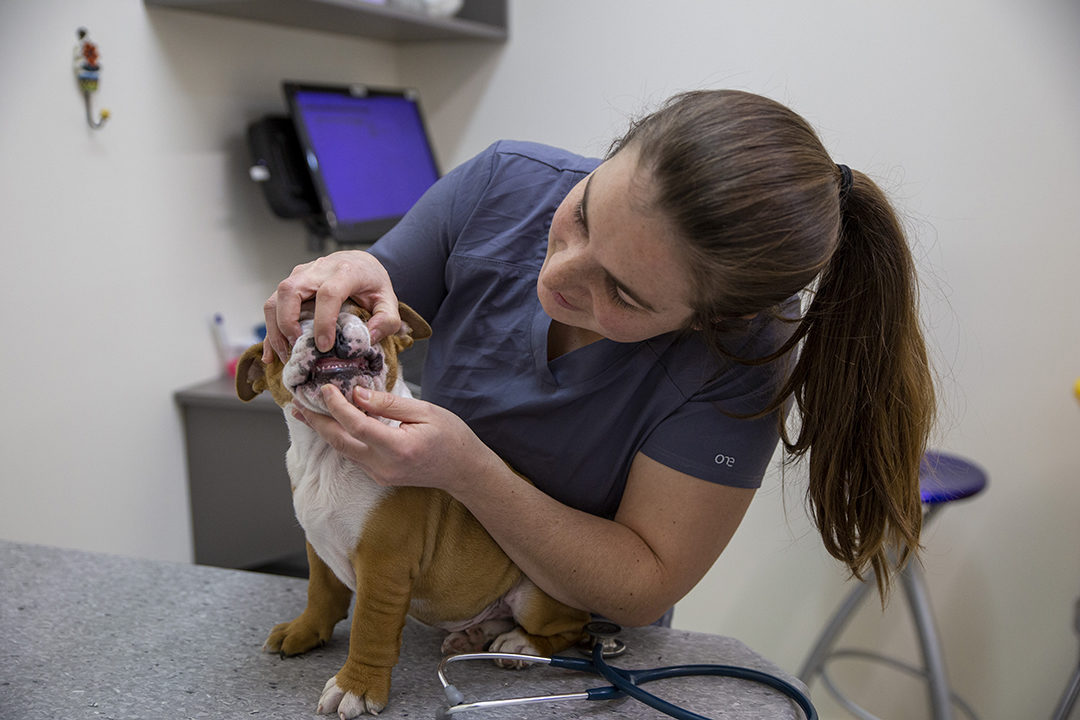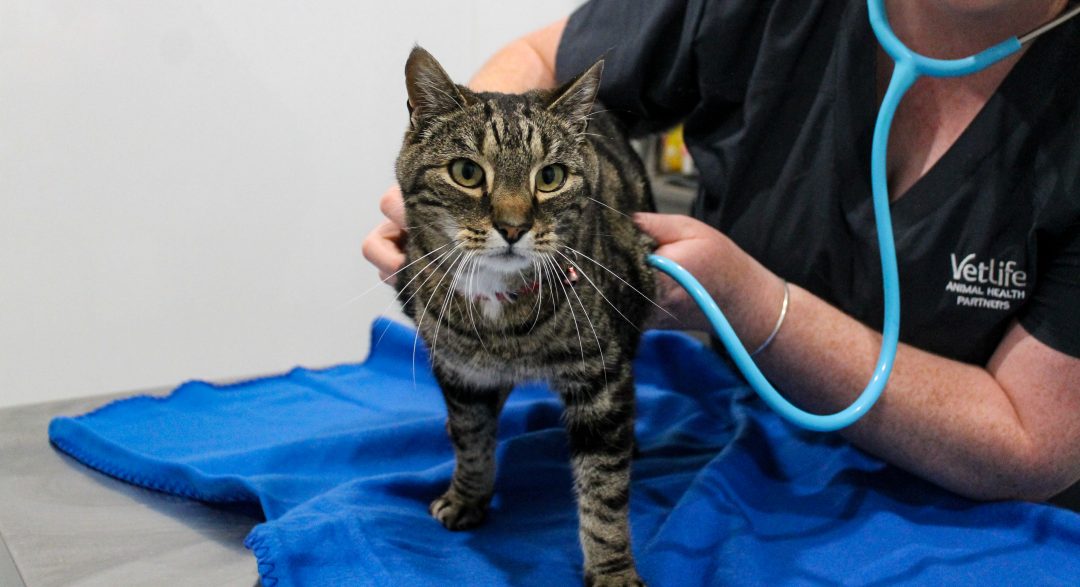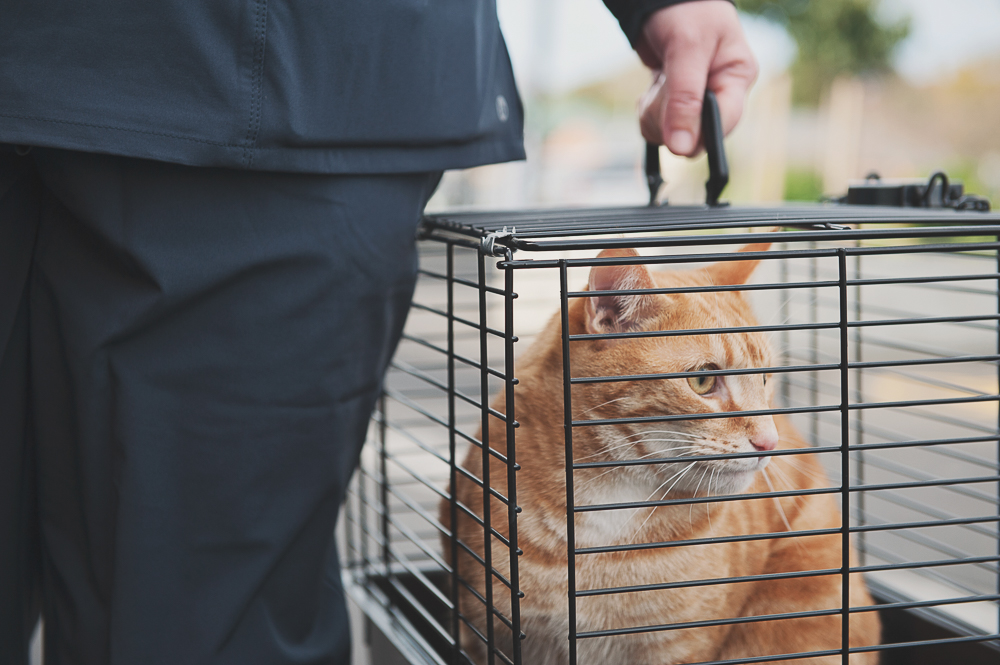Vet health checks can help detect issues before they become serious, and save on costly treatments later by catching problems earlier on.
During pet health checks, veterinarians assess various aspects of your pet’s well-being, such as their weight, temperature, heart rate, skin, coat, and even teeth. Depending on the findings, the vet may recommend further testing or treatments such as blood work or a dental cleaning.
Early detection leads to more effective treatments and a better quality of life for your precious pet. Even the most observant pet owners can miss subtle health changes. A yearly veterinary checkup gives your vet the chance to:
As pets reach their senior years, your vet may recommend checkups every 6 months, especially for pets over 7 years (small breeds) or 5 years (large breeds).

We typically recommend pets have an annual vet visit although certain factors may require more frequent visits.
Puppies and kittens need more frequent checks during their first year. This period includes vaccinations and monitoring their growth. As your pet ages, the likelihood of finding abnormalities in a physical exam becomes greater. For this reason, your vet may recommend checks every 3-6 months as your pet ages, or if they are diagnosed with a long-term medical condition.
Pets with existing health conditions might need to see the vet more often. Consistent monitoring can help manage chronic diseases better. Always consult your vet for advice tailored to your pet’s specific needs.
| Pet Type | Life Stage | Checkup Frequency |
| Puppies/Kittens | Under 1 year | Every 8 – 12 – 16 weeks with vaccines then at 6-months |
| Adults | Adults 1–7 years (dogs), 1–10 years (cats) | Yearly |
| Seniors | 7+ years (dogs), 10+ years (cats) | Every 6–12 months |
For pets with ongoing medical conditions or special needs, your vet may recommend more frequent visits or targeted diagnostics.

Frequently asked questions
How long does a vet health check take?
Typically, a wellness exam lasts about 30 to 60 minutes. Our vets will take as long as necessary to get a thorough understanding of your pet and their unique needs.
How can I reduce my pet’ stress when going to the vets?
Minimising stress helps pets feel more comfortable, ensuring a positive visit for everyone involved. To help your pet have as stress-free a visit as possible, you can try practicing gentle handling at home, using calming sprays or supplements, and bringing a favourite toy or blanket.
Regular checks, combined with a good home care routine, make all the difference in your pet’s well-being. Prioritise these visits for peace of mind and a thriving pet.
References: https://www.sciquest.org.nz/browse/publications/article/172890 (Consensus Statement on Life Stage Diagnostic Health Screenings for Dogs and Cats – Zoetis, 2023)
